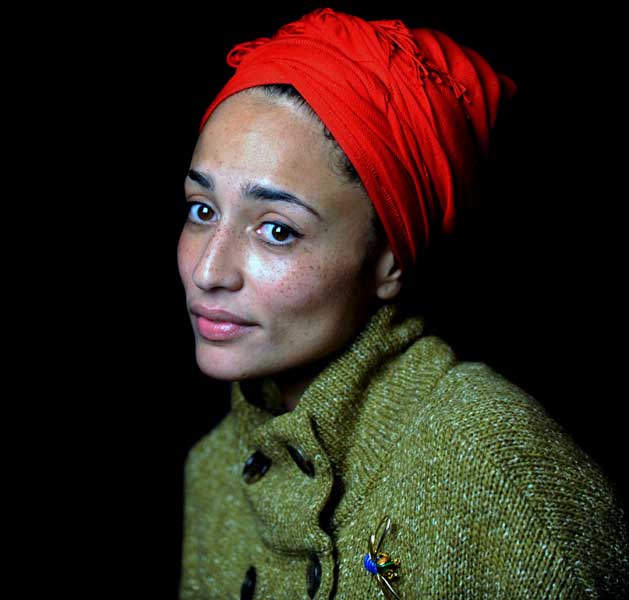Best memoirs for Christmas

The British public flirted with a Fascist mindset this year, glibly damning all elected politicians in the face of the true corruption of a very few and the selfish confusion of many more. Enough of this dangerous contempt for democracy. Two shrewd and companionable testaments from political careers exposed nothing more criminal than thoroughgoing decency, modest idealism and a healthy sense of proportion: Shirley Williams's autobiography Climbing the Bookshelves (Virago, £20), and Chris Mullin's sardonic Westminster diaries, A View from the Foothills (Profile, £20). Read them before you dream of spotless saviours on white horses, or in white suits.
If the frayed relationship betweeen deals in Parliament and deaths in Afghanistan gave the political year its sombre abiding theme, then one book captured not only the ordeal of troops on the ground but all the doubts around their mission. Patrick Hennessey's galvanically intense memoir of a super-bright young soldier's apprenticeship and baptism of fire, The Junior Officers' Reading Club (Allen Lane, £16.99), will probably, for all the bone-rattling intensity of its front-line reportage, not change a single mind. Both warriors and peaceniks will find in it fuel for their beliefs: a sign, surely, that this variously tender, ironic and ferocious new voice gives us literature and not propaganda.
Violent upheaval framed, in different ways, two family memoirs that snatched redemption from ruin. In Hanan Al-Shaykh's The Locust and the Bird (translated by Roger Allen; Bloomsbury, £15.99), the London-based Lebanese novelist tells her mother's story as rebel, runaway and romantic, as an explanation of her own. This is an extraordinary leap of imagination into another mind, and time. In The Settler's Cookbook (Portobello, £20), Yasmin Alibhai-Brown charts a course from Uganda to Britain, and from bitter youthful rebellion through struggle to achievement, in a book enriched with the – usually edible – delights of domestic life as well as the high drama of transition.
A harsh journey to renewal also fires A Short Border Handbook by Gazmend Kapllani (trans. Anne-Marie Stanton-Ife; Portobello, £12.99). Kapllani, the first Albanian incomer to make a deep mark on the literary scene in Greece, explores with bracing humour and unsentimental insight the migrant's rocky path to a new role and changed identity.
More intimate challenges gave rise to a trio of the year's most involving memoirs. In The Music Room (Picador, £14.99), William Fiennes ravishingly recalls a big-house childhood shadowed at every turn by the suffering of his severely epileptic brother: an elegy for a lost loved one, and for a vanished idyll. Sarah Gabriel's Eating Pomegranates (Cape, £16.99) brought prose of a rare depth and distinction to the genetic science, harrowing psychology and even spiritual aspects of breast cancer: a horribly familiar pilgrimage through fear and hope for many, but hardly ever handled with such force and grace. And in Jealousy (trans. Helen Stevenson; Serpent's Tail, £10.99), Cathérine Millet followed her libertine chronicle, The Sexual Life of Cathérine M., with a record of the distrust and distress that almost poisoned a marriage she thought as open as the skies over Paris. Although it convincingly refuses to frame her torment as payback or comedown, you may still read this book as love's – devastating – answer to the erotic utopia she once relished.
Madame Millet could have warned the teenaged Lynn Barber not to pin her hopes of happiness on bohemian escapades in wicked old Paree (or elsewhere). But the future star profile-writer had, of course, to get An Education (Penguin, £8.99) for herself – as she wittily, if elliptically does, in this enigmatic life-story, now filmed.
Barber excels at looking back in affectionate exasperation, rather than anger, at the low horizons of postwar British life. So does Christopher Fowler with his funny and charming Paperboy (Doubleday, £16.99). Here a voracious young reader makes his great mental escape from the suburban Stalag of south London via the literature that, once he masters its craft, will lead him back to recreate this lovingly detailed past.
Books do furnish a mind, and in an expert critic's hands a record of literary passions and commitments can build into a form of autobiography quite as full and rich as any other kind. Zadie Smith's collected essays, Changing My Mind (Hamish Hamilton, £20), strike just that tone, striding with open-hearted zest and eloquence between fiction (from EM Forster to David Foster Wallace) and travel, movies and comedy, family and community, in a self-portrait that charts the evolution of a formidable talent. In lovely elegiac pieces on her late father Harvey, D-Day veteran and Tony Hancock fan, Smith also delivers some of the most affecting autobiographical writing in any form this year.
Subscribe to Independent Premium to bookmark this article
Want to bookmark your favourite articles and stories to read or reference later? Start your Independent Premium subscription today.

Join our commenting forum
Join thought-provoking conversations, follow other Independent readers and see their replies